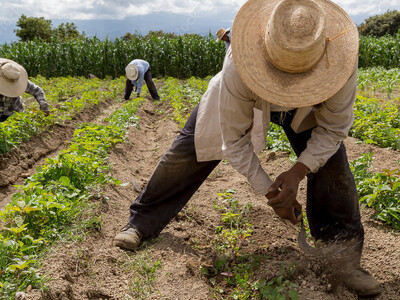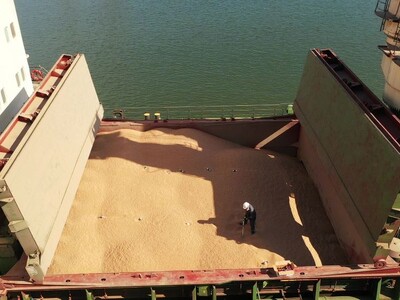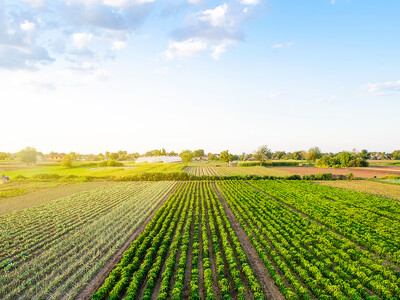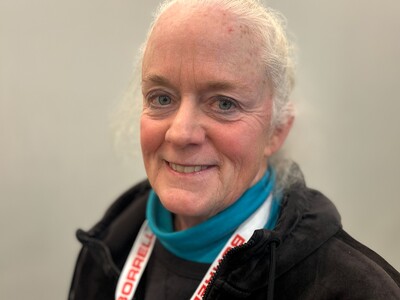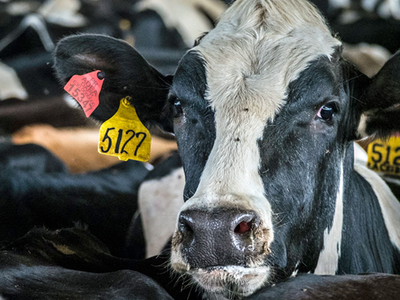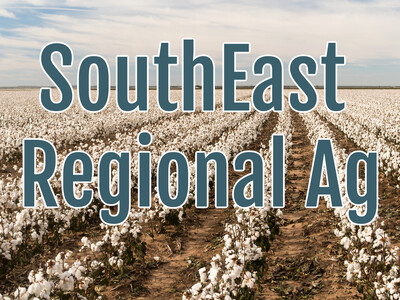Crop Insurance questions
What are some questions asked by producers regarding how crop insurance works related to matters of climate and climate smart agriculture? For example, if corn is burned back to the ground, if it's not killed to the growing point, it can recover, but there will be just a bit of a waiting game for producers across all the entire agricultural spectrum just to see how much damage has been done. I don't think it'll rise to the level of a billion dollar disaster like we saw as recently as twenty seventeen. But at the same time, I don't think we're going to escape with no damage whatsoever. So stay tuned and we will know more. As the weeks progress, producers will continue to monitor the fruit, the winter wheat, the immerge, summer crops, just to see the extent of the damage from this April freeze. That’s USDA meteorologist, Brad Rippey, who says ag producers are assessing how much agricultural damage was caused by a recent, massive freeze.Growers have several questions related to crop insurance and how it fits the climate considerations and climate smart agriculture, USDA Risk Management Agency chief actuary Thomas Wirth talked at a recent Summit about does insurance recognize risk reduction from conservation practices? To the extent that a farmer adapts their practices to reduce risk, such as planting cover crops, they get better insurance coverage at a lower premium rate. In other words, we have what I would call a results based discount or conservation or other practices to the extent that these practices improve a yield, especially by reducing losses in bad years. Also, how is crop insurance adapting to climate change? Examples include periodic reviews of weather and climate data with respect to sort of key program dates. For example, the early planting dates we're always looking at and making refinements to mapping out high risk land like flood plains and so forth. Do those need to be revised in light of data or developments?




